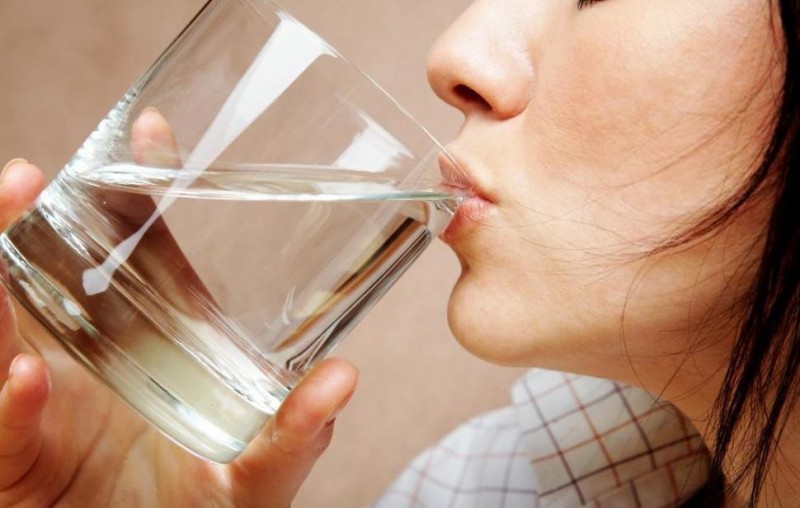
Ensuring proper hydration is crucial for maintaining a healthy body. However, the timing of water intake is just as important as the quantity. While many advocate for drinking a glass of water before bathing, is this practice beneficial? Let's delve into the science behind when to hydrate for optimal health.
Is it Beneficial to Drink Water Before Bathing?
Drinking a glass of water before bathing may indeed have health benefits. Reports suggest that consuming warm water before bathing dilates blood vessels, leading to a decrease in blood pressure. This pre-bathing hydration ritual could potentially prepare the body for the temperature changes experienced during bathing, promoting better cardiovascular health.
Should You Drink Water After Bathing?
Hydrating after bathing can be advantageous for your health. Bathing, particularly with warm water, can cause the body to lose fluids through sweat, potentially leading to dehydration. Consuming water post-bathing helps replenish these lost fluids, aiding in hydration and preventing dehydration-related issues.
Who Should Avoid Drinking Water Before Bathing?
While pre-bathing hydration may benefit many, it might not be suitable for individuals with low blood pressure. For them, drinking water before bathing could exacerbate hypotension, leading to symptoms like dizziness or sudden fatigue. It's advisable for such individuals to consult a healthcare professional before adopting pre-bathing hydration practices.
The Right Way to Hydrate: Key Considerations
Hydrating correctly involves more than just drinking water—it's about timing and method. Here are some essential tips for optimal hydration:
Timing: Aim to drink water at the right times, such as before and after bathing, to maximize its benefits. Pre-bathing hydration can prepare your body for temperature changes, while post-bathing hydration helps replenish lost fluids.
Quantity: Ensure you drink an adequate amount of water daily. While individual water needs vary based on factors like age, weight, and activity level, a general recommendation is to consume at least eight 8-ounce glasses of water per day.
Method: When drinking water, opt for lukewarm or room temperature water over cold water. Cold water can shock the system and disrupt the body's fluid balance. Additionally, sip water slowly and steadily rather than gulping it down to maintain proper hydration levels.
Avoid Drinking Water with Meals: Refrain from drinking water immediately before, during, or immediately after meals. Consuming water with meals can dilute digestive juices, potentially impairing digestion. Instead, hydrate between meals to ensure proper digestion and absorption of nutrients.
Listen to Your Body: Pay attention to your body's thirst signals and hydrate accordingly. Thirst is a clear indicator that your body needs fluids, so drink water whenever you feel thirsty to maintain hydration levels.
In conclusion, proper hydration is essential for overall health and well-being. By understanding when and how to hydrate effectively, you can support your body's physiological functions and promote optimal health. Remember to consult a healthcare professional if you have specific health concerns or conditions that may impact your hydration needs.
Your dog will not feel hot, just keep these things in mind
Do you know the best time to take Vitamin B12 and Vitamin D? Know when you will get full benefit
Eat raw onion in summer, your health will remain healthy, know its 5 big benefits